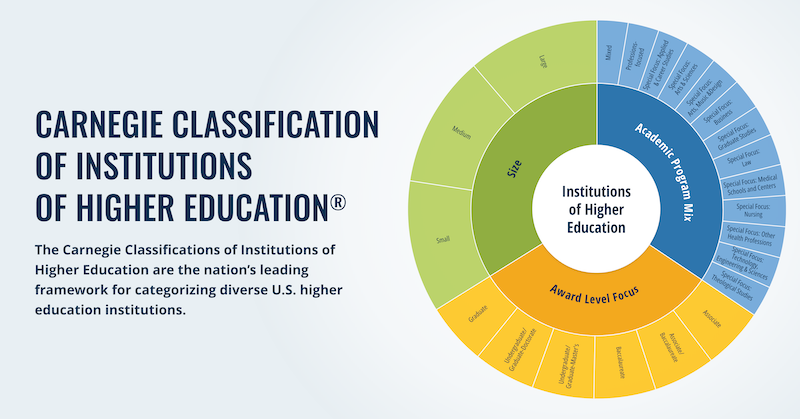ACE Urges Presidential Candidates to Prioritize Higher Education Policy
In an open memo to the presidential candidates recently featured in the New York Times, the American Council on Education (ACE) highlights the pivotal role that postsecondary institutions play in shaping the nation’s social and economic landscape. With a focus on alleviating student debt, enhancing workforce readiness, and maximizing the value of a college degree—key areas gaining significant traction in the field—ACE advocates for policy solutions that proactively support these initiatives. By prioritizing higher education in their national policy platforms, ACE names that the presidential candidates have the opportunity to ensure that education serves as a powerful catalyst for success and national prosperity.
The Carnegie Foundation continues its collaboration with ACE on the Social and Economic Mobility (SEM) Classification, a groundbreaking framework designed to measure and promote higher education institutions’ impact on their students’ future success. “At the heart of it, the Foundation is committed to ensuring the postsecondary sector remains an engine of economic opportunity for all. In partnership with ACE, I expect that, over time, we will more squarely align the Classifications, public policy, capital, and learning with that essential aim,” stated Timothy Knowles, Carnegie Foundation President, in a press release announcing the classifications overhaul.
Carnegie and ACE are committed to fostering a future where higher education is accessible and instrumental in driving social and economic advancement for all.
September 26, 2024
This is just a preview of what’s included in our September newsletter, featuring an opening letter from our president, Timothy Knowles. Click below to explore all the updates! Dear Friends and Colleagues, Across the nation, in districts large and small, extraordinary work is taking place to ensure learning is increasingly…
October 29, 2024
This is just a preview of what’s included in our October newsletter. Click below to explore all the updates! Dear Friends and Colleagues, By 2030, the activities that account for an estimated 30% of working hours could be automated by AI. The labor market implications are staggering. Approximately 12 million U.S. workers may have…








